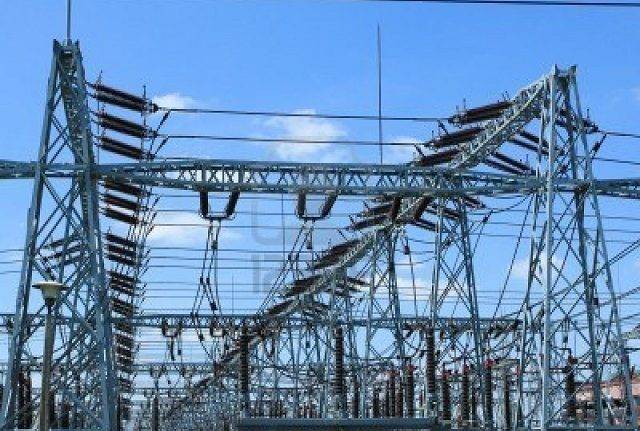Indefinite strike: Nigerians suffer blackout as organised labour shuts down national grid
The Transition Company of Nigeria (TCN) has that the organised Labour has shut down the national grid due to the ongoing strike action to protest the failure of the government to meet its minimum wage demand.
The Informant247 gathered that the labour unions consisting of the Nigeria Labour Congress and Trade Union demanded N494,000 minimum wage after a series of negotiations, but the Federal Government said it could only afford N60,000.
Mohammed Idris, the Minister of Information and National Orientation, had said the N494,000 national minimum wage being demanded by organised labour, which cumulatively amounts to the sum of N9.5 trillion, would destabilise the economy and jeopardise the welfare of over 200 million Nigerians.
A last-minute intervention by the leadership of the National Assembly to prevent the strike did not yield results, as the unions mobilised their affiliates nationwide.
However, the TCN, in a statement issued in the early hours of Monday, alerted Nigerians that the grid had been shut.
The statement reads, “The Transmission Company of Nigeria hereby informs the general public that the Labour Union has shut down the national grid, resulting in black out nationwide. The national grid shutdown occurred at about 2.19 am this morning, 3rd June 2024.”
“At about 1:15 am this morning, the Benin Transmission Operator under the Independent System Operations unit of TCN reported that all operators were driven away from the control room and that staff that resisted were beaten while some were wounded in the course of forcing them out of the control room and without any form of control or supervision, the Benin Area Control Center was brought to zero.
“Other transmission substations that were shut down by the Labour Union include the Ganmo, Benin, Ayede, Olorunsogo, Akangba and Osogbo Transmission Substations. Some transmission lines were equally opened due to the ongoing activities of the labour union.
“On the power generating side, power generating units from different generating stations were forced to shut down some units of their generating plants; the Jebba Generating Station was forced to shut down one of its generating units while three others in the same substation subsequently shut down on very high frequency. The sudden forced load cuts led to high frequency and system instability, which eventually shut down the national grid at 2:19 am.
“At about 3.23 am, however, TCN commenced grid recovery, using the Shiroro Substation to attempt to feed the transmission lines supplying bulk electricity to the Katampe Transmission Substation. The situation is such that the labour Union is still obstructing grid recovery nationwide.
“We will continue to make effort to recover and stabilise the grid to enable the restoration of normal bulk transmission of electricity to distribution load centres nationwide,” read the statement signed by Ndidi Mbah
General Manager, Public Affairs at TCN.







